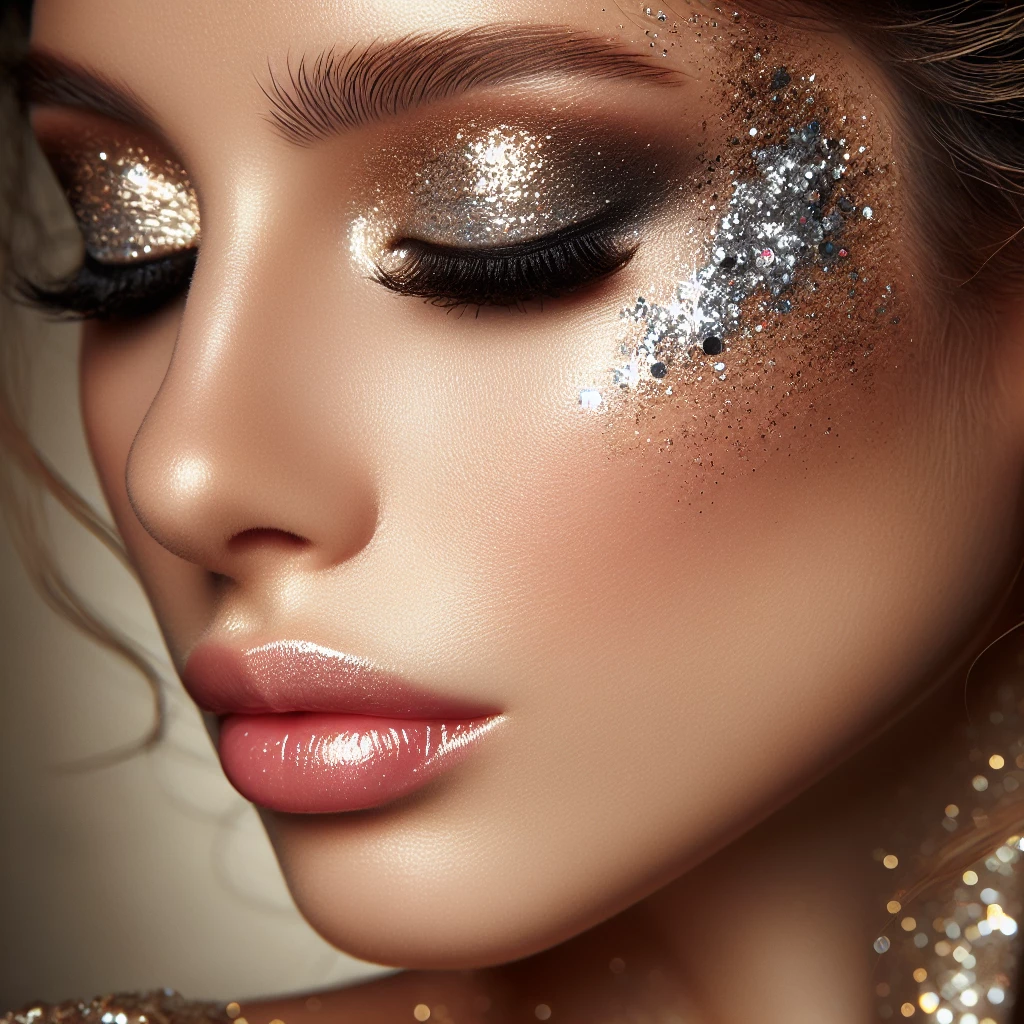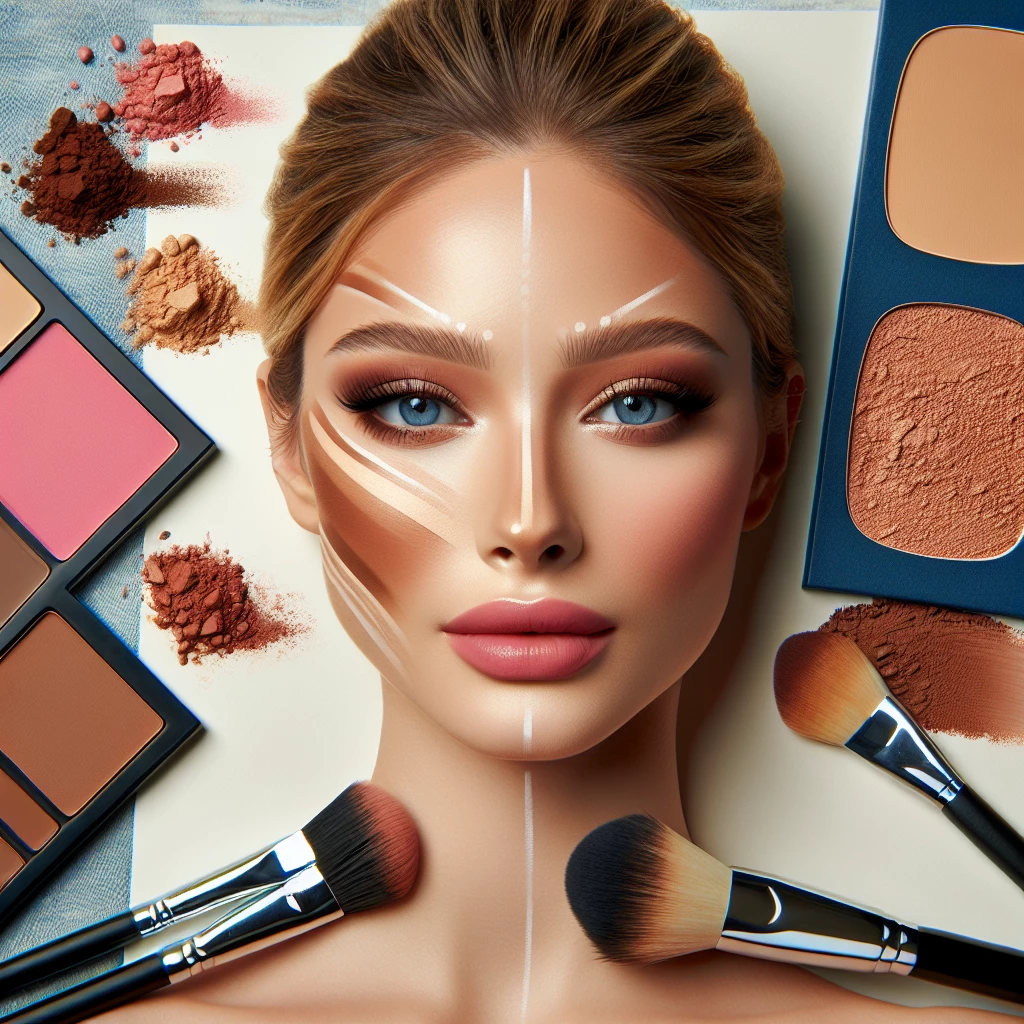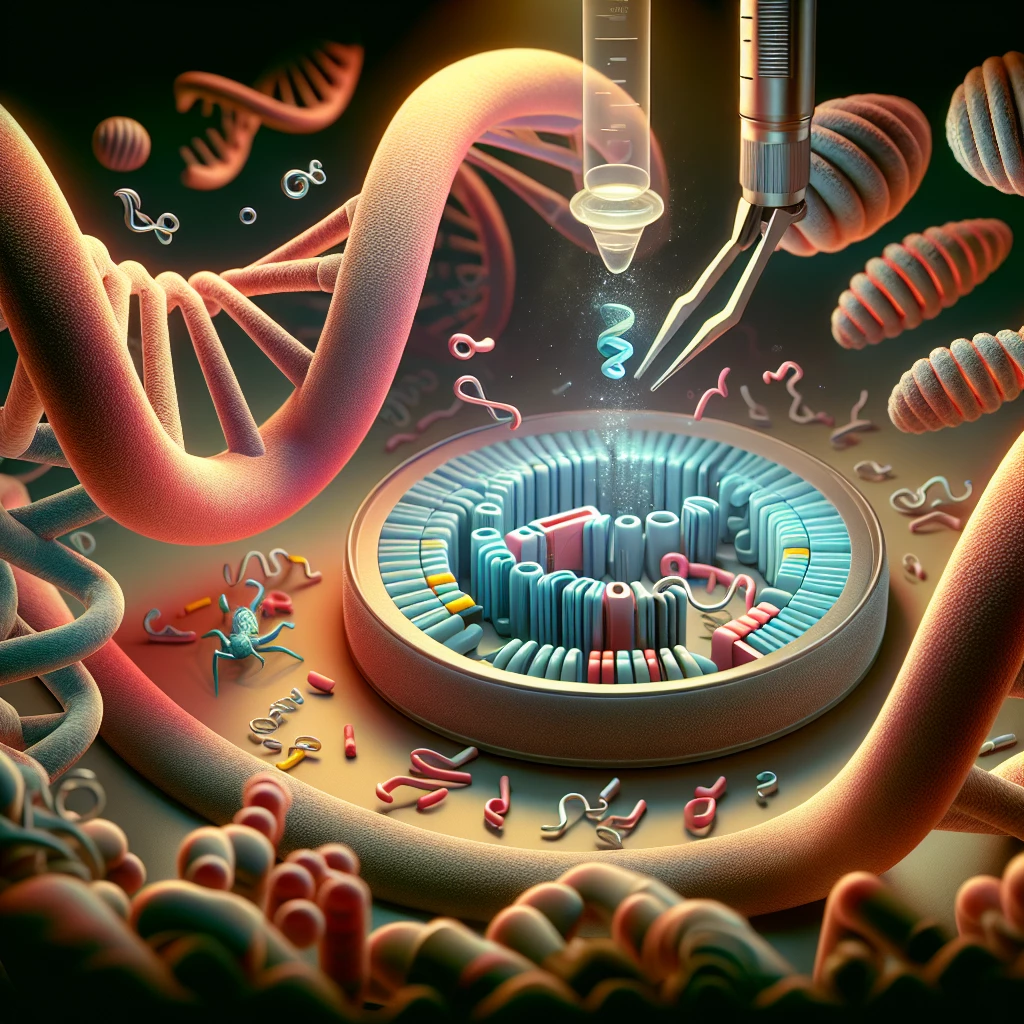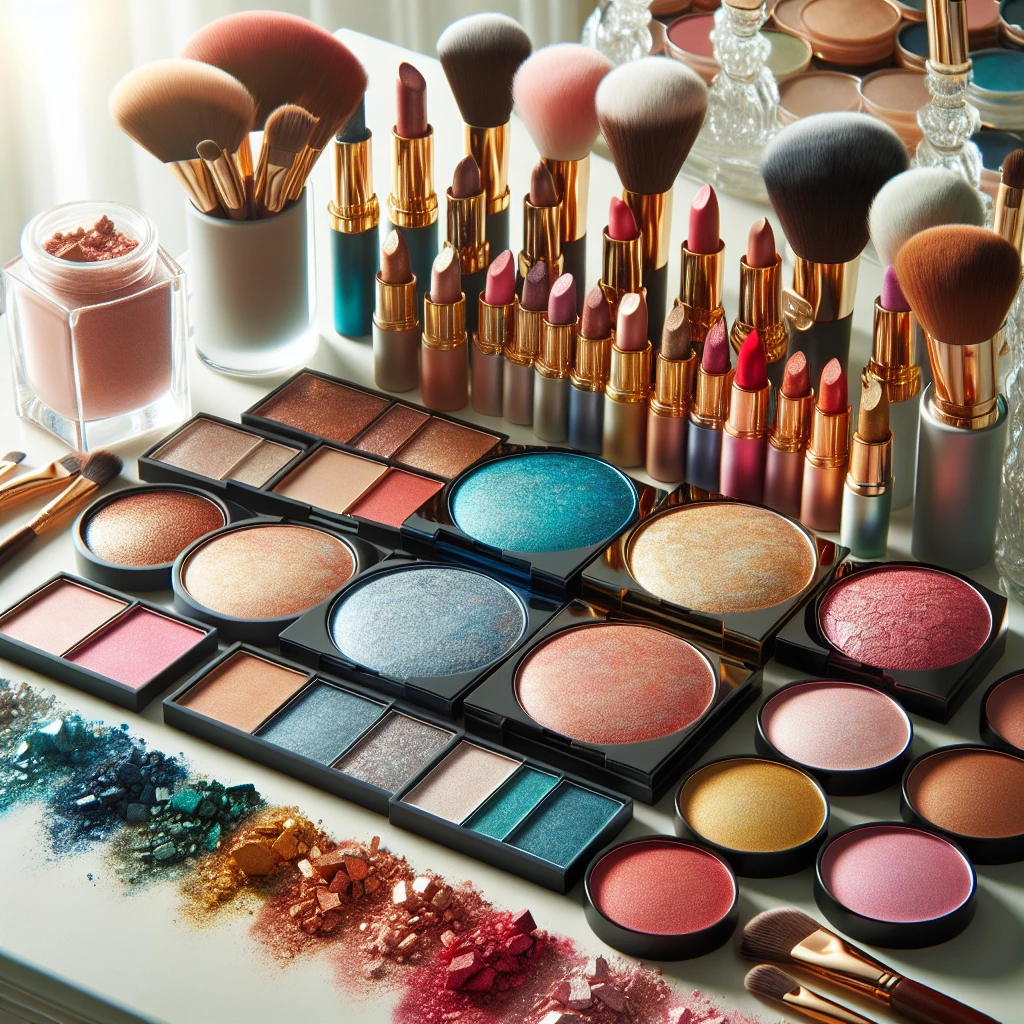Welcome to the world of mineral makeup, a natural alternative to traditional non-mineral cosmetics. Swapping your traditional makeup for mineral makeup can be a game changer for your skin health. In this era of conscious beauty, women are gradually moving to makeup that is not only skin friendly but also earth friendly. It's important to know the benefits, compare them to regular products, understand the ingredients and embrace the natural beauty that mineral makeup promotes. Let's embark on this journey of understanding mineral makeup, revealing the truth beneath.
What is Mineral Makeup
Mineral makeup has been the buzzword in beauty circles for the last few years, but what actually is it? Simply put, it is makeup made from minerals such as iron oxides, talc, zinc oxide, and titanium dioxide. These are micronised, or ground and milled, into tiny particles to create makeup.
One of the primary benefits of mineral makeup is that it’s much less likely to cause a reaction in people with sensitive skin. And because it’s generally free of fragrance, talc, parabens, binders, synthetic dyes and other preservatives, it’s often deemed safe for those suffering from conditions such as acne or rosacea, or those recovering from cosmetic procedures.
In addition, natural mineral makeup also provides a certain level of sun protection. But don’t toss your conventional sunblock just yet, mineral makeup should not replace a traditional sunscreen.
Benefits of Mineral Makeup
Beyond the hypoallergenic benefits, mineral makeup also boasts an impeccable staying power. This is because, unlike traditional makeup products which soak into the skin, mineral products sit on top of it.
Many users also claim that mineral makeup feels lighter and more natural on the skin. Some even go as far as to say it even improves the health of their skin over time. And though these claims are subjective and results may vary, the benefits of ditching potential irritants are undeniable.
Finally, not only is mineral makeup beneficial for your skin, it’s also good for the environment. Many mineral makeup brands champion eco-friendly practices in their production processes such as sustainable sourcing and cruelty-free testing.
Comparison with Traditional Makeup
Comparing mineral makeup with traditional makeup is akin to comparing whole foods with processed foods. Traditional makeup, like processed foods, contain artificial preservatives and colorings. On the flip side, mineral makeup, like whole food, is closer to its natural state and free from synthetic and potentially harmful ingredients.
While both types serve the same purpose - enhancing beauty - one could argue that mineral makeup does more than just beautify; it nourishes the skin. This dual functionality is one of the main appeals of mineral makeup, making it well worth considering switching.
However, this does not to say traditional makeup is all bad. It comes in a vast array of colors, textures, and coverage that are hard to beat. Despite the undeniable benefits of mineral makeup, traditional makeup continues to have its own place in the beauty industry.
Understanding Ingredients
Understanding the ingredients of any product you apply to your skin is crucial. This rule is especially important when it comes to mineral makeup. Common ingredients include zinc oxide, titanium dioxide, mica and iron oxides.
Zinc oxide and titanium dioxide are both minerals that provide protection from the sun's harmful UVA and UVB rays. Mica adds a silky texture and illuminates the skin, while iron oxides provide color. However, not all ingredients in mineral makeup are created equal – some may include bismuth oxychloride, which can cause irritation in some individuals.
As the adage goes, knowledge is power. By understanding what goes into your products, you can make an informed decision about what you’re putting on your skin.
Embracing the Natural
Natural beauty is about enhancing your natural features and loving the skin you're in. Mineral makeup allows you to do just that. With minimal risk of skin irritation, an impressive array of benefits and a gentle touch, why wouldn’t you want to go natural?
Embracing mineral makeup means you're reducing your exposure to harmful chemicals and toxins commonly found in traditional makeup. Moreover, you're making a conscious decision to use products that are not harmful to the environment.
At the end of the day, beauty is about feeling good in your own skin. Mineral makeup is a tool that can help you achieve this confidence naturally.
There's no denying the appeal of mineral makeup. Its benefits are manifold, from being a safer option for sensitive or acne-prone skin to offering a certain degree of sun protection. As we journey towards achieving beauty in a sustainable way, understanding the ingredients in our makeup and making more informed choices becomes vital. Embrace mineral makeup, and say yes to a healthier skin, a natural look, and a sustainable future.

In-depth Dive into Nail Art
Get inspired by the latest trends in nail art and learn about the essential products for the same.

Glitter Makeup: Dazzle with Grace
Understand the do's and don'ts of glitter makeup and unveil the products that can help you sparkle.

Contouring 101: A Beginner's Guide
Comprehend the art of contouring and explore the best products to achieve that perfect sculpted look.

Decoding the Function of Primers
An overview of the uses, benefits, and the must-have primers for your daily beauty regime.
